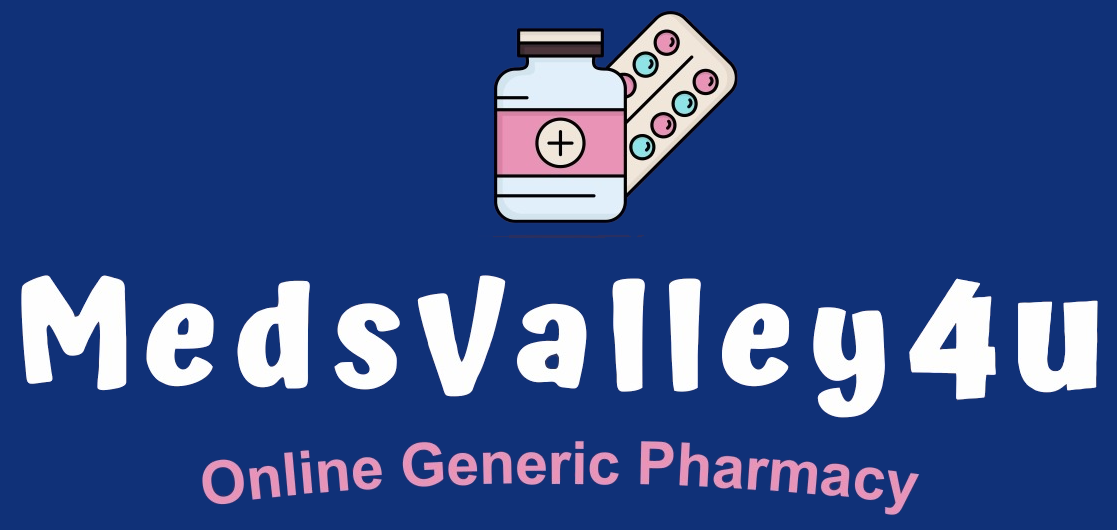5 Facts You Must Know About ‘Clean Eating’
In recent years, “clean eating” has become a popular term in the realm of nutrition and wellness. The concept, which emphasizes consuming whole, minimally processed foods, is often touted as a key to better health and well-being. However, as with any dietary trend, it’s important to understand its principles, benefits, and potential drawbacks. Here are five essential facts you must know about clean eating.
1. Clean Eating Focuses on Whole Foods
At its core, clean eating promotes the consumption of whole, unprocessed foods. This includes fruits, vegetables, whole grains, lean proteins, nuts, seeds, and healthy fats. The idea is to eat foods that are as close to their natural state as possible, minimizing the intake of artificial additives, preservatives, and refined ingredients.
Benefits:
- Nutrient Density: Whole foods are typically rich in essential nutrients such as vitamins, minerals, and antioxidants. For example, leafy greens like spinach and kale are packed with vitamins A and C, iron, and fiber, contributing to overall health.
- Digestive Health: Foods high in fiber, such as fruits, vegetables, and whole grains, support healthy digestion and can help prevent constipation and promote a healthy gut microbiome.
Considerations:
- Variety: While focusing on whole foods is beneficial, it’s important to maintain a balanced diet that includes a variety of food groups to ensure you get all the necessary nutrients.
2. Minimally Processed Foods are Key
Clean eating emphasizes reducing the intake of processed foods, which are often high in added sugars, unhealthy fats, and sodium. Instead, it encourages eating foods that are minimally processed and free from artificial ingredients.
Examples of Minimally Processed Foods:
- Fresh Produce: Fruits and vegetables in their natural form.
- Whole Grains: Foods like quinoa, brown rice, and oats that have not been stripped of their nutrients.
- Lean Proteins: Sources such as chicken, fish, legumes, and eggs without added hormones or antibiotics.
Benefits:
- Reduced Chemical Exposure: Minimally processed foods are less likely to contain harmful additives and preservatives that can impact health over time.
- Improved Energy Levels: Foods with fewer additives and more nutrients can help stabilize blood sugar levels and improve overall energy.
Considerations:
- Convenience: Minimally processed foods can require more preparation and planning. Adjusting to a new way of eating, particularly if you are used to convenience foods, may take time.
3. Clean Eating Does Not Equate to a Restrictive Diet
One common misconception about clean eating is that it involves strict dietary restrictions or the elimination of entire food groups. In reality, clean eating is more about making healthier choices rather than adhering to a rigid set of rules.
Principles of Clean Eating:
- Moderation: It’s about balancing whole foods with occasional indulgences. The goal is not perfection but rather a mindful approach to food.
- Flexibility: It allows for flexibility, meaning you can enjoy a variety of foods as long as they align with the principles of minimal processing and nutrient density.
Benefits:
- Sustainable Approach: A flexible approach to can make it easier to maintain long-term, reducing feelings of deprivation or frustration.
- Personalization: It allows individuals to tailor their diet based on personal preferences and nutritional needs.
Considerations:
- Understanding Balance: It’s important to avoid an all-or-nothing mindset. Clean eating should enhance your diet, and not cause unnecessary stress or guilt.
4. Clean Eating Emphasizes the Quality of Ingredients
The quality of ingredients is a major focus in it. This means choosing organic, sustainably sourced, and hormone-free options when possible. The aim is to reduce exposure to pesticides, antibiotics, and other chemicals that may be present in conventionally grown or processed foods.
Quality Indicators:
- Organic Products: Organic fruits and vegetables are grown without synthetic pesticides or fertilizers.
- Grass-Fed and Pasture-Raised: For animal products, choosing grass-fed beef or pasture-raised poultry ensures that the animals were raised in healthier conditions.
Benefits:
- Reduced Chemical Intake: Higher quality ingredients are less likely to contain harmful residues that can impact health.
- Environmental Impact: Organic and sustainably sourced foods often have a lower ecological footprint, supporting more sustainable agricultural practices.
Considerations:
- Cost: Organic and high-quality products can be more expensive. Balancing your budget with these choices might require careful planning and prioritization.
5. Clean Eating is Not a One-Size-Fits-All Approach
While it provides general guidelines for making healthier food choices, it is not a one-size-fits-all approach. Individual dietary needs, preferences, and health conditions can influence how it is applied.
Personalization Factors:
- Health Conditions: Those with specific health conditions or dietary restrictions (e.g., diabetes, food allergies) may need to adapt clean eating principles to suit their needs.
- Cultural and Lifestyle Differences: It can adapt to fit various cultural preferences and lifestyle requirements, ensuring that the approach is enjoyable and sustainable for each individual.
Benefits:
- Tailored Nutrition: Personalized plans can address specific health goals and dietary needs, providing a more effective approach to nutrition.
- Inclusivity: It allows for diverse dietary practices, making it accessible to people from different backgrounds and with varying preferences.
Considerations:
- Individual Guidance: Consulting with a registered dietitian or nutritionist can help tailor clean eating principles to your individual needs, ensuring you meet your nutritional requirements without feeling restricted.
Conclusion
Clean eating, with its focus on whole, minimally processed foods, offers numerous benefits for improving overall health and well-being. By understanding the core principles—emphasizing whole foods, minimizing processed ingredients, and focusing on quality—you can make informed decisions about your diet. However, it’s essential to approach clean eating with flexibility and personalization to ensure that it aligns with your unique health needs and lifestyle. Embracing clean eating as a balanced, mindful approach to nutrition can help you achieve a healthier relationship with food and support long-term well-being.







Write a comment
Your email address will not be published. All fields are required